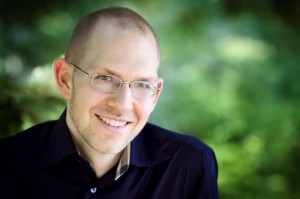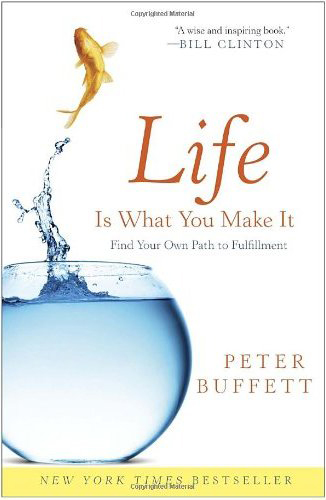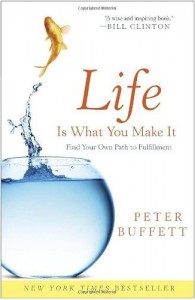Starting the week of September 26th, the Grad & Postdoc team kicked off their annual event, the Academic Career Conference, for the graduate students and postdocs here at Penn. The whole week, we have been highlighting resources through our social media channels on the academic job market. To shed additional light on life in academia, we’re excited to have alum Stephen Schueller, Ph.D, contribute to @PennCareerDay on Twitter on Thursday, October 6th. To learn more about Stephen, please read his bio below, and remember to follow him on the 6th!
 Stephen Schueller (Ph.D. in Psychology, Penn’s School of Arts and Sciences ’11) is currently a postdoctoral scholar at the University of California, San Francisco in the Department of Psychiatry. He started his graduate work at Penn in 2005 after receiving his bachelor’s in psychology from the University of California, Riverside. During his undergraduate, he worked as a research assistant studying happiness from a psychological perspective. At Penn, he trained as a researcher and clinician while working towards a doctorate in clinical psychology.
Stephen Schueller (Ph.D. in Psychology, Penn’s School of Arts and Sciences ’11) is currently a postdoctoral scholar at the University of California, San Francisco in the Department of Psychiatry. He started his graduate work at Penn in 2005 after receiving his bachelor’s in psychology from the University of California, Riverside. During his undergraduate, he worked as a research assistant studying happiness from a psychological perspective. At Penn, he trained as a researcher and clinician while working towards a doctorate in clinical psychology.
Through his research and clinical experiences, he became convinced that psychological treatments reach far too few and that expanding the reach of psychology would involve not just training more psychologists but creating innovative interventions. These interests brought him to UCSF Medical School. As a clinical researcher at UCSF, he has the opportunity to conduct research in an applied setting. He provides individual and group therapy in the public sector at San Francisco General Hospital. His current research studies the use of the Internet and health information technology to provide interventions that promote psychological health and behavior change.






